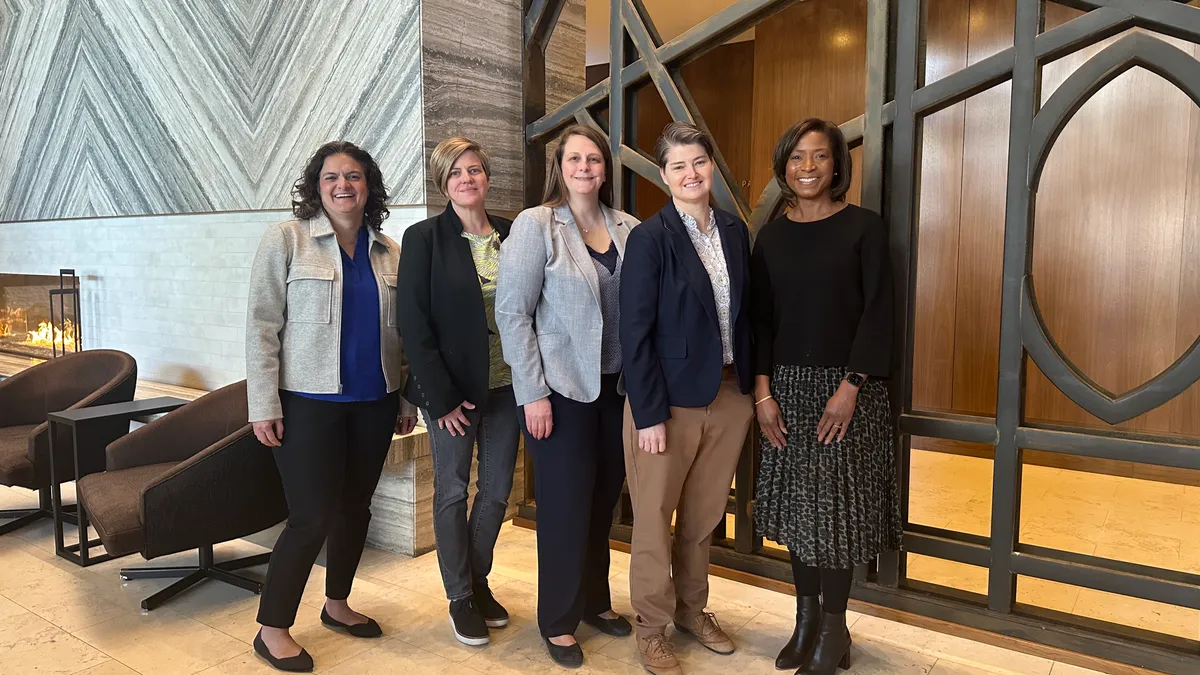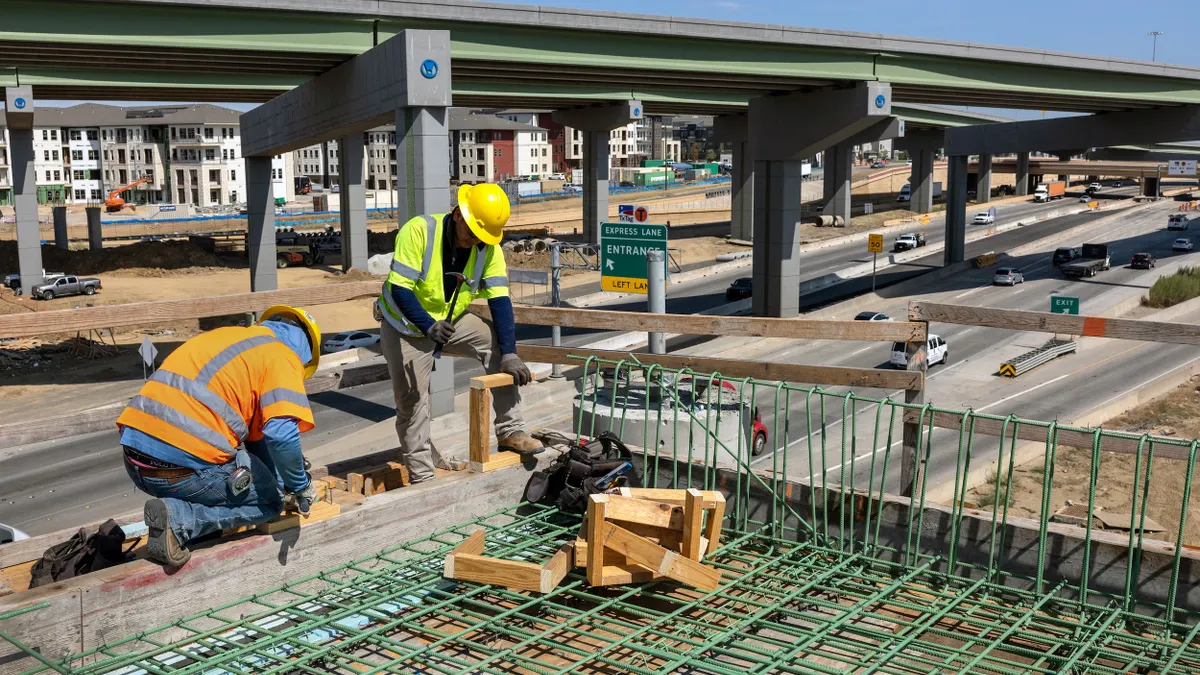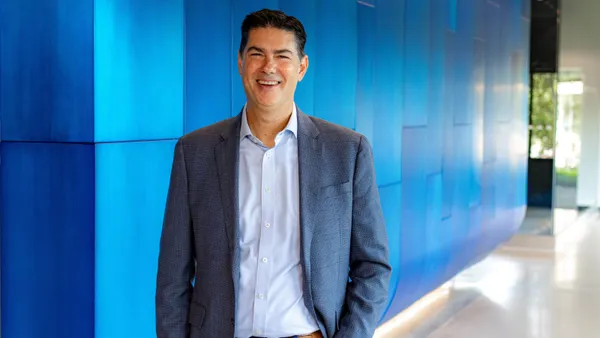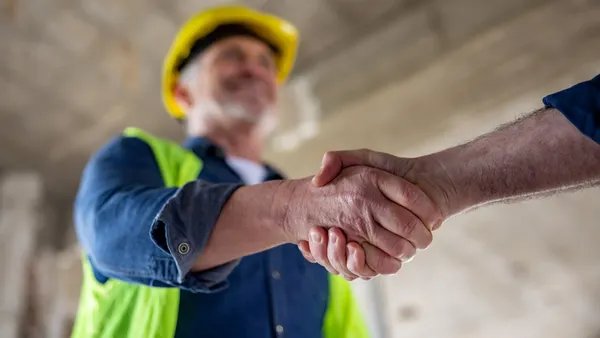For every 10 people working in construction, just one is a woman.
While that number hasn’t changed dramatically in the last 10 years — women represented 9.1% of construction workers in 2013 versus 10.8% last year, according to the Bureau of Labor Statistics — another aspect has shown more notable growth.
Somewhat surprisingly, given construction’s reputation as a male-dominated sector, women have been making more strides in management positions. Indeed, women now represent 10.6% of construction managers, up from 7.3% a decade ago. That’s a growth rate of more than 45% for women managers in construction in the last 10 years.
This gain in women leaders in construction is particularly apparent in the third-largest metro area in the country, Chicago. There, the offices of five major construction companies — Turner, Mortenson, Gilbane, AECOM Hunt and Powers & Sons — are all led by women.
To wrap up March, which is a showcase for both Women in Construction Week and Women’s History Month, Construction Dive hosted a digital round table with these five women construction leaders to talk about their markets, individual backgrounds and what sets Chicago apart when it comes to construction.
Answers have been edited for brevity and clarity.
CONSTRUCTION DIVE: In an industry that’s predominantly male, why do you think there’s a concentration of women construction leaders in Chicago?
KASIE MATHENA, VICE PRESIDENT AND GENERAL MANAGER, AECOM HUNT: Women who have “made it” in construction tend to demonstrate characteristics of grit and mental fortitude by virtue of being female in a male-dominated construction space.
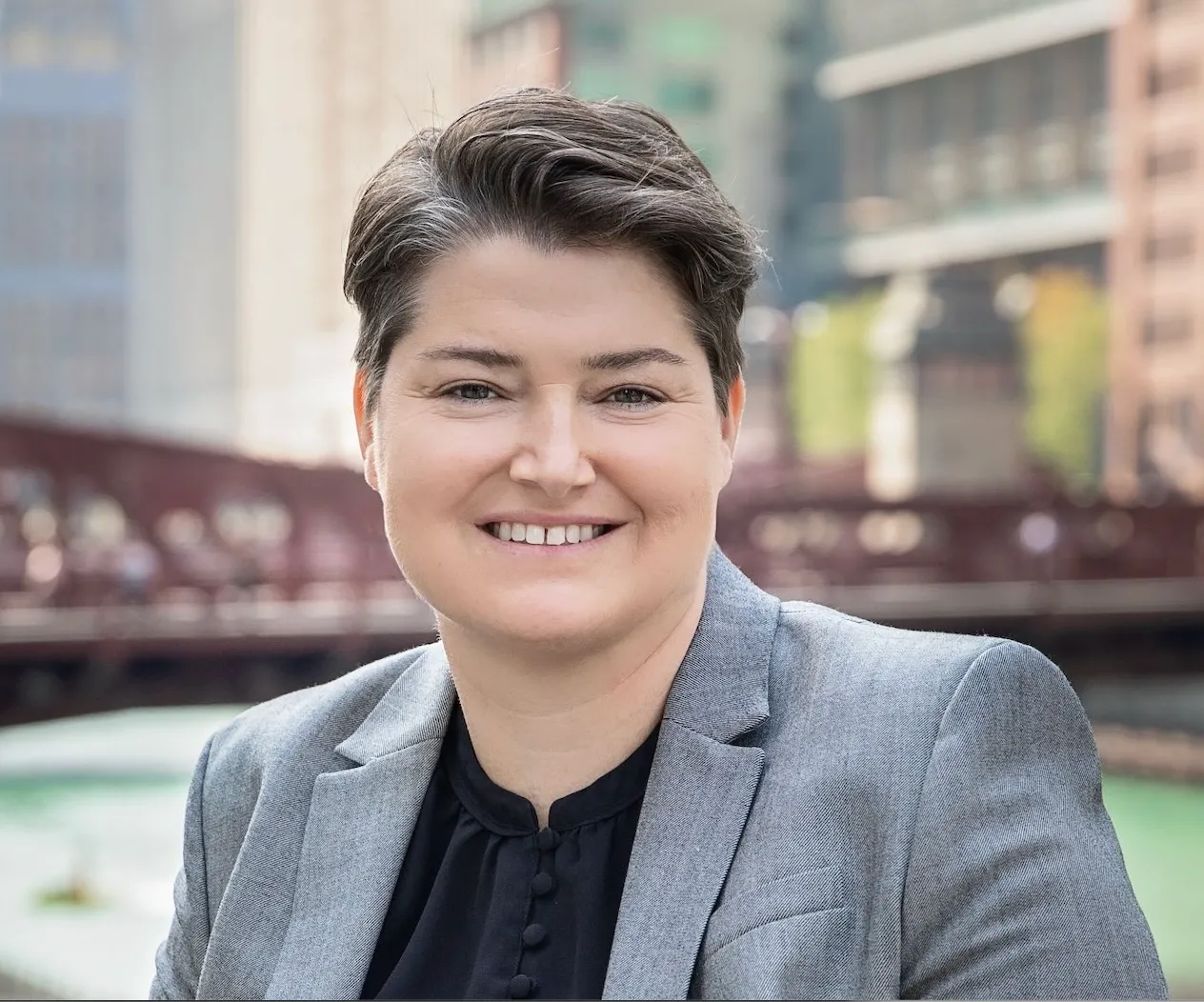
When you combine this toughness with Chicago being a progressive city that has evolved to see the value of women beyond more traditional female-oriented careers, the result is highly capable people, often women, leading organizations.
KATE VAN ZEYL, VICE PRESIDENT, GENERAL MANAGER, TURNER: Chicago is an affordable, major metropolitan area that attracts talent and supports a network of women helping women across all types of industries.
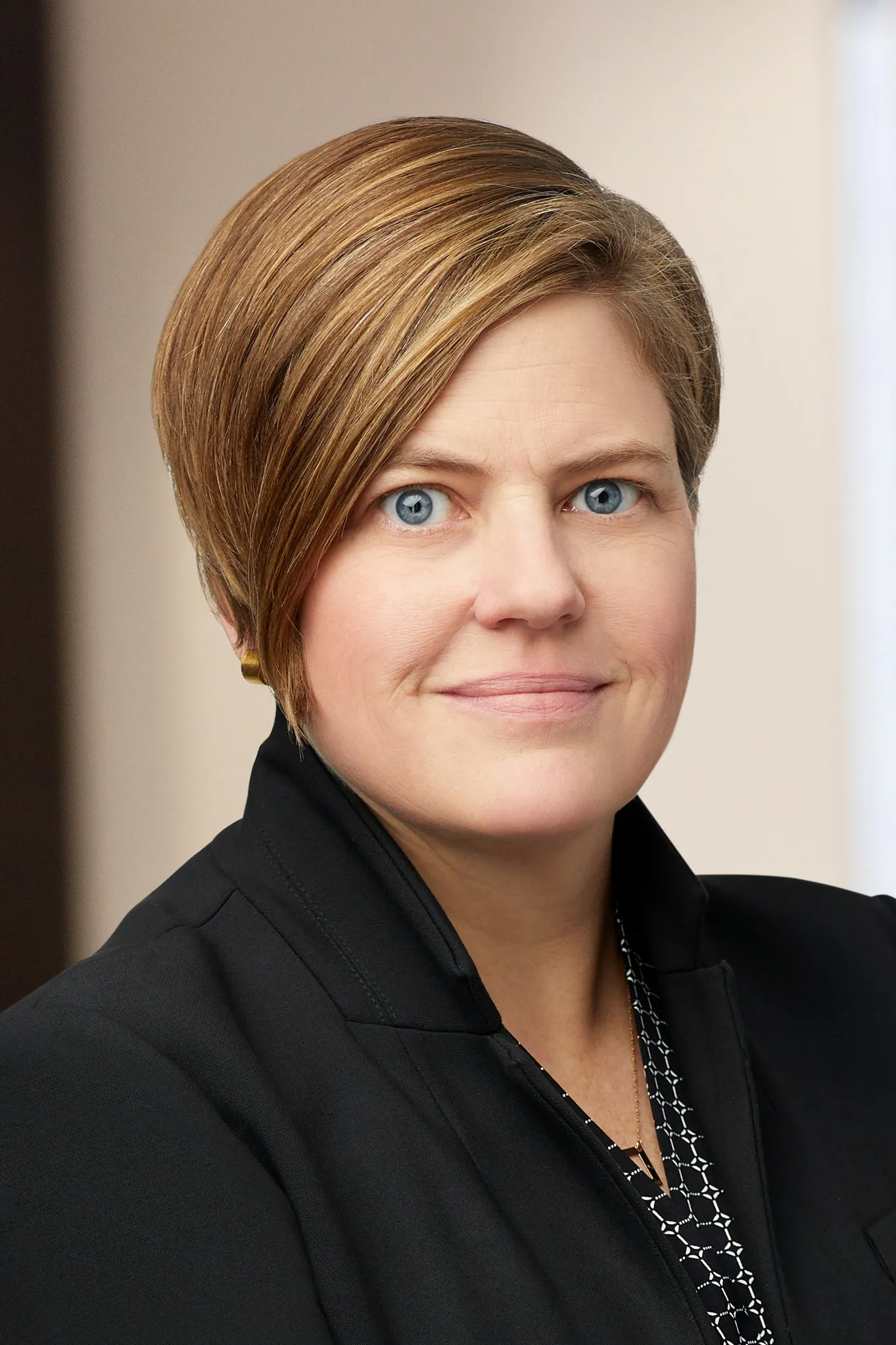
But it’s also one of the most beautiful and architecturally significant cities in the United States with a concentration of top-notch architecture and construction firms. This naturally creates more opportunity for growth and advancement in AEC careers.
KARRIE KRATZ, VICE PRESIDENT, CHICAGO BUSINESS LEADER, GILBANE:
I relocated to our Chicago office for a career-advancing opportunity. I was drawn to this market and office because of the dynamic community that Chicago represents.
Tell us a little bit about your specific backgrounds and stories. How did you get into construction?
KELLY POWERS BARIA, VICE PRESIDENT, POWERS & SONS CONSTRUCTION: I followed my family’s legacy in the construction industry. My grandfather founded Powers & Sons in 1967, and my father became president 20 years later, so I’ve grown up in and around the industry.
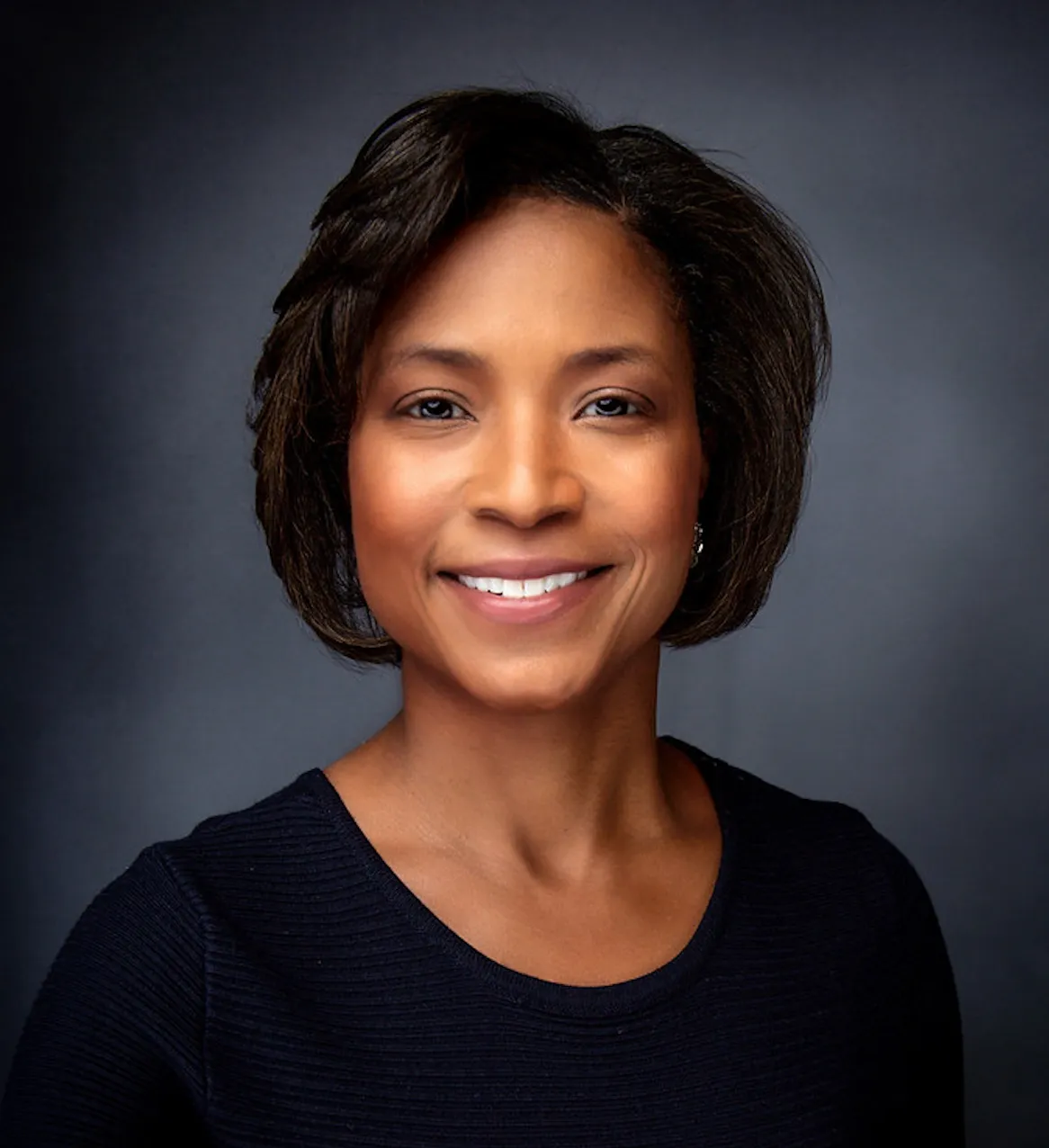
My dad always felt that there was a place for anyone who wanted to work in the family business, no matter what you wanted to do. I got my degree in civil engineering from Purdue University and then worked in various real estate roles before returning to Powers & Sons in 2007. I now represent the third generation of the Powers family at the company.
SHERYL VAN ANNE, VICE PRESIDENT AND GENERAL MANAGER, MORTENSON: I feel my path to the construction industry isn't necessarily remarkable. What is remarkable is that I continued in construction.
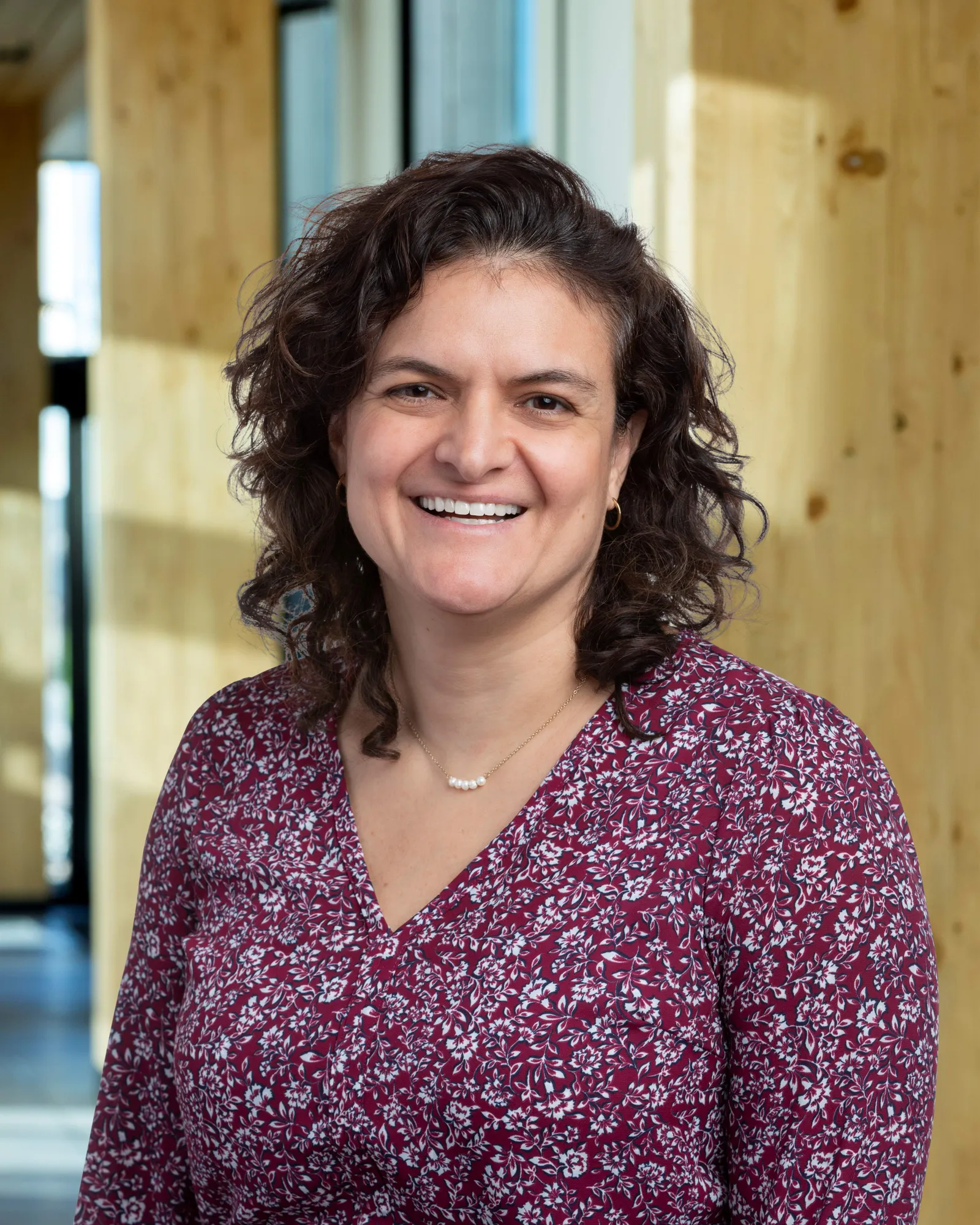
Despite being in an industry where limited opportunities for advancement or growth can discourage women from staying long term, I knew I had found the right place for me. But I also knew I needed to stay resilient in combating stereotypes. To do that, I built a great network of people around me that I knew I could lean on and that encouraged me to persevere.
VAN ZEYL: My interest in the built environment dates to when I was the only female in drafting classes at my high school. I decided to study architecture in college because I was not aware of any other career opportunities in the industry at that time. After 11 years as a practicing architect, I realized my passion was really in building rather than design.
A friend recommended I look into changing my career path to the construction side of the industry and I have never looked back.
MATHENA: My father was a self-taught residential exterior siding and roofing contractor. I would go to work with him in the summer starting at 6 years old until I was about 14. There was something from those experiences and observations that has pushed me to really appreciate what I like most about our industry — the opportunity to use both sides of my brain. I started in the industry in earnest at 19 through internships and part-time work and never looked back.
Do you all network together?
VAN ZEYL: We absolutely network and meet on a regular basis, both socially and professionally. That network is important as we each navigate our businesses, professional development and personal growth. While we are competitors, we each want to see the others succeed.
VAN ANNE: Of course! Since there is a limited number in this group, and challenges we face may only be understood by one another, we make it a point to rally around each other, because at the end of the day it's about the greater good of the industry.
KRATZ: My experience in both construction and Chicago is that women leaders find a huge benefit to networking together.
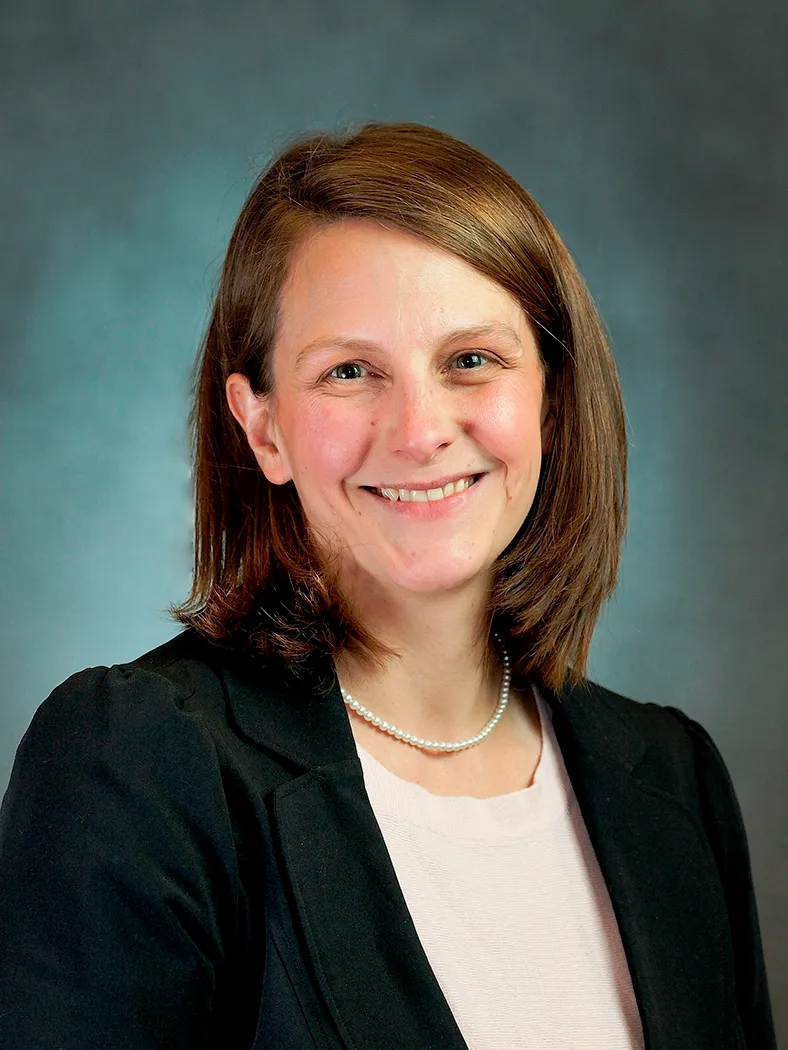
It creates support and development but also increases a sense of belonging. Most of us are active members in the Professional Women in Construction Chicago chapter, which holds many types of connecting events.
What’s your current outlook for construction in Chicago?
VAN ZEYL: While we have seen a decrease in commercial projects, the market remains strong for institutional, healthcare, sports, aviation, advanced technology and entertainment projects.
MATHENA: In Chicago, we have not been hit as hard with the trade labor shortage challenges many parts of the rest of the country have experienced. However, our market needs to collectively work toward getting more women and people of color in the trades.
VAN ANNE: The Chicago construction market is slowly rebounding, and we are optimistic for continued growth across multiple markets including healthcare, manufacturing and the tech industry. Women, among other diverse groups, are generally an untapped resource that can help support building a healthy pipeline of talent across all positions.
Construction has made strides to be more inclusive for women. But how is this tough job still even tougher for women?
KRATZ: Relationship succession I would say is still a tough job that is tougher for women in this industry. Women have to work exponentially harder at building up trust with senior leadership, which is still mostly men. Disrupting protégé norms and unconscious biases in this realm of career development in construction is still emerging.
POWERS BARIA: While we’ve seen a lot of improvement, women are still underrepresented in the industry, particularly in management positions. We often have to work twice as hard as our male counterparts to overcome stereotypes and preconceived notions about what a woman’s role should be.
VAN ANNE: While women’s participation in construction has been steadily increasing over the past decade, it is moving at a glacial pace, leaving significant opportunity to improve.
Unfortunately, challenges for women still exist within this male-dominated industry that can create an uncomfortable and hostile work environment. Also, opportunity is not equally accessible yet, and representation is limited.
What advice do you have for other women who are in or want to enter the industry?
MATHENA: Get rid of self-limiting beliefs and know yourself very well. Capitalize on your strengths, but know your weaknesses and use them as a resource to learn. If you know yourself, work hard, learn the craft and have an insatiable curiosity, the sky's the limit in our industry.
VAN ZEYL: As women, there is a tendency to give credit rather than accept credit for your successes. We need to move past that and take ownership of our successes.
POWERS BARIA: If you have a desire to enter the industry, there is absolutely a place for you here.
Seek out other women, and men, who are willing to be a mentor and build that relationship with them. Women in the company you are working at are often a valuable resource for how to navigate the challenges that might arise.
KRATZ: My advice is to start building your internal and external networks early in your career; you don’t have to go it alone, there are so many people out there willing and excited to mentor. Seek those people out and dedicate time to leveraging those relationships, you will need those mentors and champions at every step of your career.
VAN ANNE: We need you. Period.
Correction: In a previous version of this article, Karrie Kratz was misidentified. She is vice president, Chicago business leader at Gilbane.



